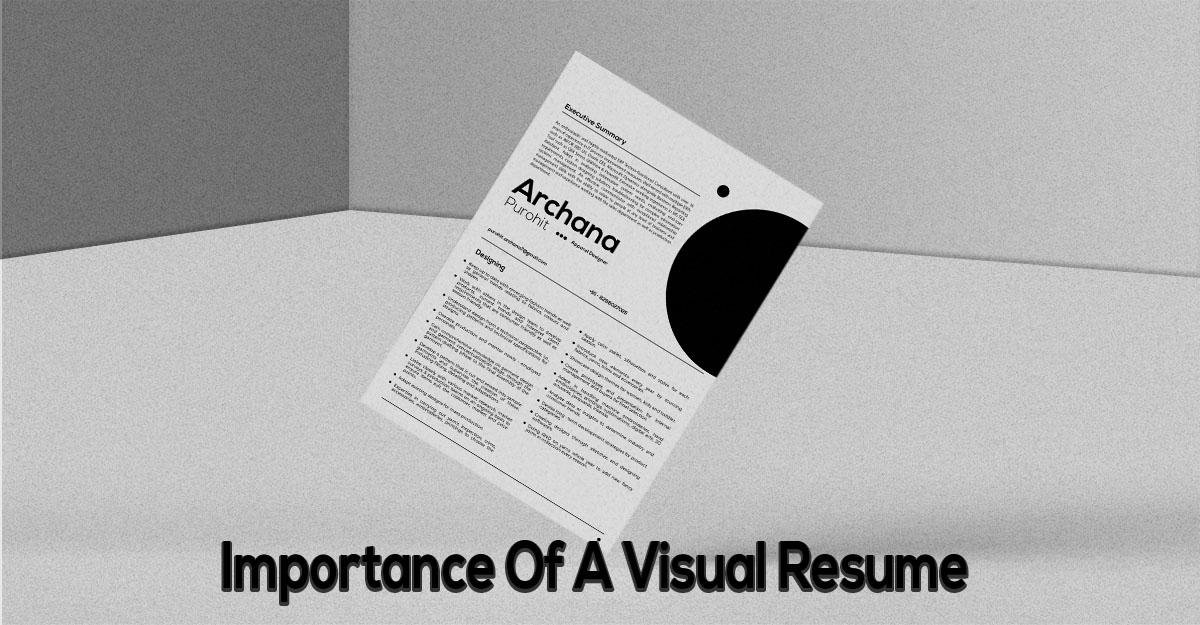Crafting a Resume for a Financial Planning Role: Essential Sections

In today's competitive job market, crafting a resume that stands out is crucial, especially in a specialized field like financial planning. Your resume is often the first impression you make on a potential employer, and it's essential to highlight your skills, experience, and qualifications effectively. This article will guide you through the essential sections to include in your resume for a financial planning role, ensuring you present your candidacy in the best possible light.
1. Contact Information
Your resume should begin with your contact information at the top of the page. This section should be concise and easy to read, including:
- Full Name
- Phone Number
- Email Address
- LinkedIn Profile
- Professional Website or Portfolio (if applicable)
Ensure your email address and LinkedIn profile are professional. Avoid using nicknames or unprofessional email addresses.
2. Professional Summary
The professional summary, also known as a resume summary or objective, is a brief statement at the beginning of your resume. It should highlight your key qualifications and what you bring to the role. Tailor this section to the specific financial planning position you are applying for. For example:
"Certified Financial Planner with over 10 years of experience in developing personalized financial strategies. Adept at managing investments, retirement planning, and risk management. Proven track record of increasing client satisfaction and portfolio performance."
3. Key Skills
A dedicated skills section helps to quickly convey your core competencies to hiring managers. For a financial planning role, consider including skills such as:
- Financial Analysis
- Investment Management
- Retirement Planning
- Risk Assessment
- Tax Planning
- Client Relationship Management
- Regulatory Compliance
- Budgeting and Forecasting
- Software Proficiency (e.g., Excel, financial planning software)
Use bullet points to make this section easy to scan, and prioritize skills that align with the job description.
4. Professional Experience
The professional experience section is the heart of your resume. Here, you should detail your work history in reverse chronological order, starting with your most recent position. For each role, include:
- Job Title
- Company Name
- Location
- Dates of Employment
- Key Responsibilities and Achievements
Use bullet points to list your responsibilities and achievements. Focus on quantifiable accomplishments that demonstrate your impact, such as:
- "Developed comprehensive financial plans for over 100 clients, resulting in a 20% increase in client retention."
- "Managed investment portfolios totaling $50 million, achieving an average annual return of 8%."
5. Education
Your educational background is particularly important in a field that requires specific qualifications. Include:
- Degree(s) Earned
- Institution Name
- Location
- Graduation Date
If you have any certifications relevant to financial planning, such as CFP (Certified Financial Planner) or CFA (Chartered Financial Analyst), include them in this section or create a separate certifications section.
6. Certifications and Licenses
Certifications can significantly enhance your resume by showcasing your specialized knowledge and commitment to the profession. List certifications such as:
- CFP (Certified Financial Planner)
- CFA (Chartered Financial Analyst)
- CPA (Certified Public Accountant)
- Series 7, 63, or 65 licenses
Include the certification name, issuing organization, and the date obtained.
7. Professional Affiliations
Membership in professional organizations can demonstrate your dedication to staying current in your field. List memberships in organizations like:
- Financial Planning Association (FPA)
- National Association of Personal Financial Advisors (NAPFA)
- Certified Financial Planner Board of Standards
Include your role (if any) and the dates of membership.
8. Awards and Honors
If you have received any awards or recognitions relevant to financial planning, include them in a separate section. This can help differentiate you from other candidates. Include:
- Award Name
- Issuing Organization
- Date Received
9. Continuing Education
The financial planning industry is constantly evolving, and continuing education is crucial. If you have taken courses or attended seminars to stay updated on industry trends, list them in this section. Include:
- Course or Seminar Name
- Institution or Organization
- Date Completed
10. References
While it’s not always necessary to include references on your resume, having a note stating "References available upon request" is generally a good practice. Ensure that your references are prepared to speak positively about your professional abilities and character.
Conclusion
Crafting a compelling resume for a financial planning role requires careful consideration of the sections discussed above. Each section plays a critical role in showcasing your qualifications, skills, and experience to potential employers. By organizing your resume effectively and tailoring it to the job description, you can significantly enhance your chances of securing an interview.
Need help perfecting your resume? At IRC Resume, we specialize in crafting tailored resumes that highlight your unique strengths and experiences. Our team of experts is dedicated to helping you land your dream job in the financial planning industry. Let us help you make a lasting impression on your future employers. Visit our website to learn more about our services and get started today.









